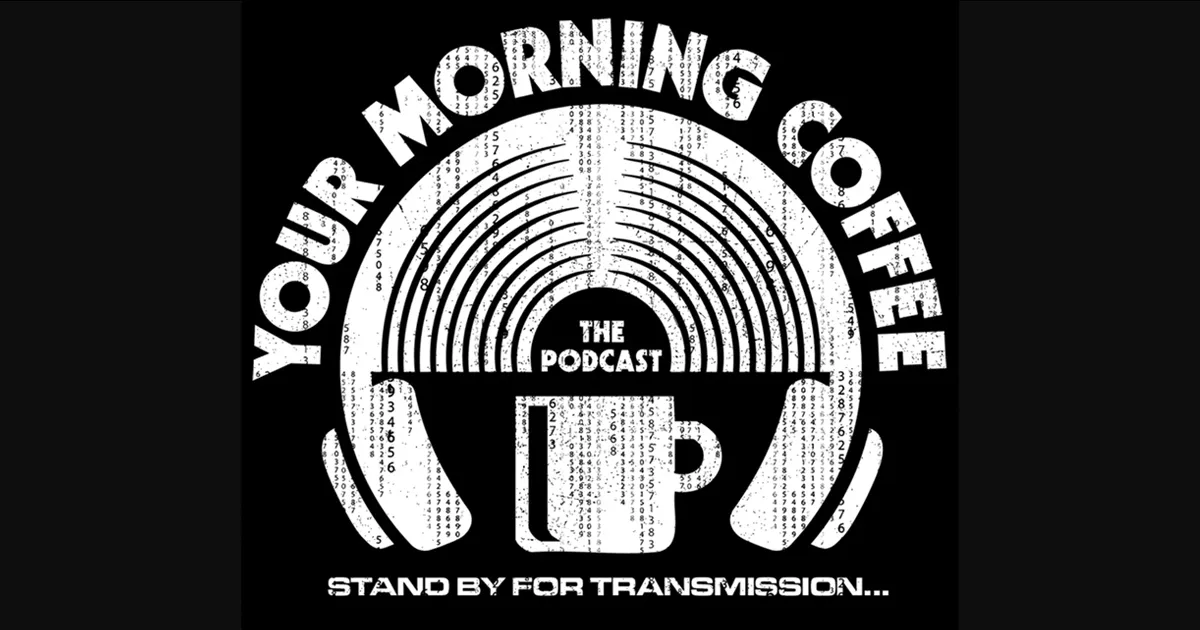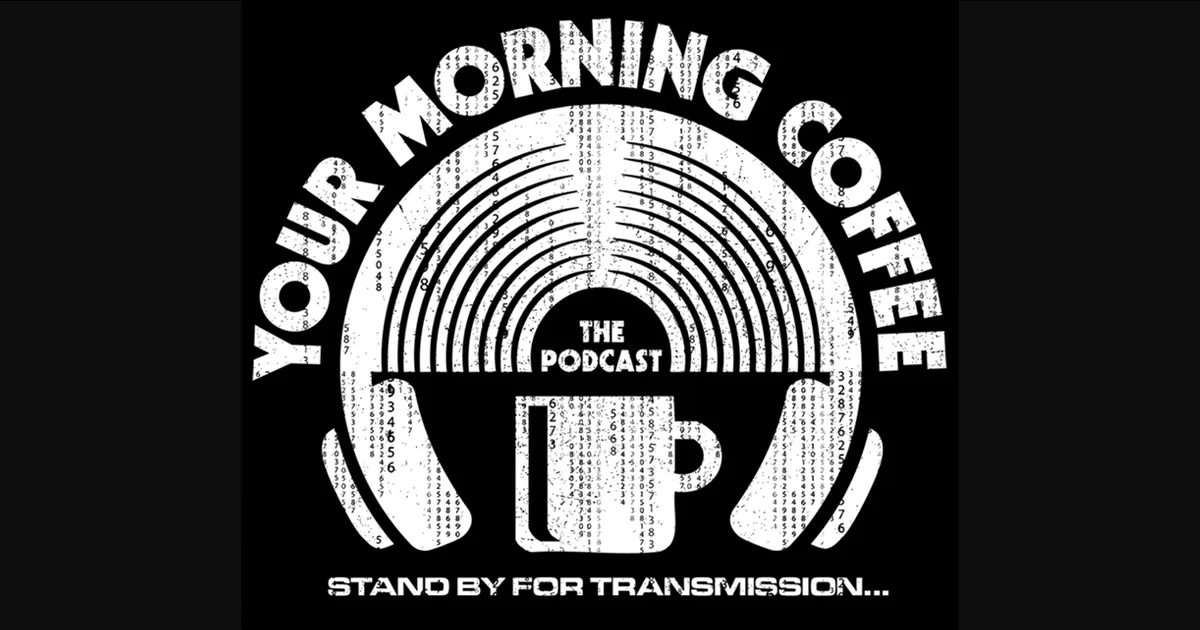________________________
Guest post by Zach Fuller of MIDIAThe Tidal, Spotify and Apple Music exclusives Cold-War reveals something telling: from Drake, to Chance the Rapper, Frank Ocean and The Weeknd, the quest to garner exclusives has been done almost entirely with R&B, Hip-Hop and Dance artists, with minimal efforts to secure the same deals for Rock musicians. Save the controversial automatic upload of U2’s ‘Songs of Innocence’ album to user’s iPhones and Apple’s live video for The 1975, Rock Music has been largely absent, playing a back seat role in the debate on where streaming technology is taking music. Far from simply reflecting the current state of the two groups of music this is endemic of more deep-seated distinctions between Rock, Hip-Hop and Dance and the relationships they hold with technology.Technology Has Long Been The ‘Other’ For Rock MusicRock production historically distanced itself from the band. Prior to the 60s, music engineers and producers wore even lab-coats to work; something that was mocked by the wave of guitar bands that followed The Beatles. The divide was simple: producers did the technical stuff whilst bands did the creative, and seldom should the two meet. Innovation through the 70s in Rock music production, such as echo, wah-wah and phasing, was rarely invented by the musicians themselves and instances were few and far between of musician/producers, such as Brian Eno, pioneering the idea of the studio as an instrument rather than simply a means to record the band. Additionally, 80s Rock would become so extensively produced that by the early 90s, many bands were was so resolutely anti-production that there was an entire lo-fi movement; bands recording as cheaply and with as little technological consideration as possible who viewed excessive technology as diluting their music’s message.Technology Is Deeply Intertwined With Hip-Hop And DanceHip-Hop and Dance production on the other hand have always been resolutely technical. Both genres’ musical tapestry required an intimate understanding of keyboards, drum-machines and samplers before migrating towards software imitations on laptops. Technology in these genres was not something that other people did; it was just as much a part of the creative process as coming up with a chord sequence. This lineage goes back even further, as both Hip-Hop, and to some degree Dance, can trace their roots further to Jamaican Soundsystem culture, which emphasised technical prowess through painstaking attention to detail over frequencies – one of the genre’s stars King Tubby even owned an electronics repair store before moving into music.Additionally, this is not just limited to the technical aspects. From block-parties, to illegal raves to pirate radio, Dance and Hip-Hop had to work around the traditional entertainment landscape to get their message out, engendering an entrepreneurial mind-set and spirit of disruption which has been carried over to their relationship with online and streaming.Hip-Hop And Dance Looked Forward When Rock Glanced BackSpiritually, their lineage rarely ever looked back. Gospel reached towards a high place, Soul would yearn for a change to come and the futurist 70s Jazz-Funk of Parliament and Sun-Ra imagined another world completely. Early House Music would later act as a soundtrack sanctuary for the secretive minority gay clubs of Chicago whilst Hip-Hop aspired for the lifestyles denied to their community.Rock by contrast has always been in a hurry to look back and re-package its past. The Rolling Stones strived to emulate their Blues heroes, Punk stripped back the pretensions of Progressive Rock to the simplicity of early Rock n’ Roll, Grunge’s crusade against 80s sheen killed Hair-Metal in favour of early 70s Neil Young-esque catharsis. This is no reflection on the quality of the music, just simply an acknowledgment of the distinct values between the genres. Kanye West tweeted in March this year, ‘I was thinking about not making CDs ever again…Only streaming’, later elaborating when describing the artwork (or lack thereof) for his previous album Yeezus as, ‘an open casket to CDs ’. Its hard to imagine Rock, so steeped in the iconography and weight of its past, taking a similar route.You see the pattern; Rock has viewed technology with suspicion, something that got in the way of their music as opposed to being a part of it – though artists like Tame Impala and Connan Mockasin are increasingly challenging this notion. That Hip-Hop and Dance are now looking to the future of a music industry away from previous notions of ownership or as my colleague Mark Mulligan wrote last week ‘The Creative Full-Stop’, is no surprise – it follows both genres’ enterprising spirit, bringing together a mix of technology and business that leaves Rock at an inherent disadvantage in the streaming era.
Related articles












